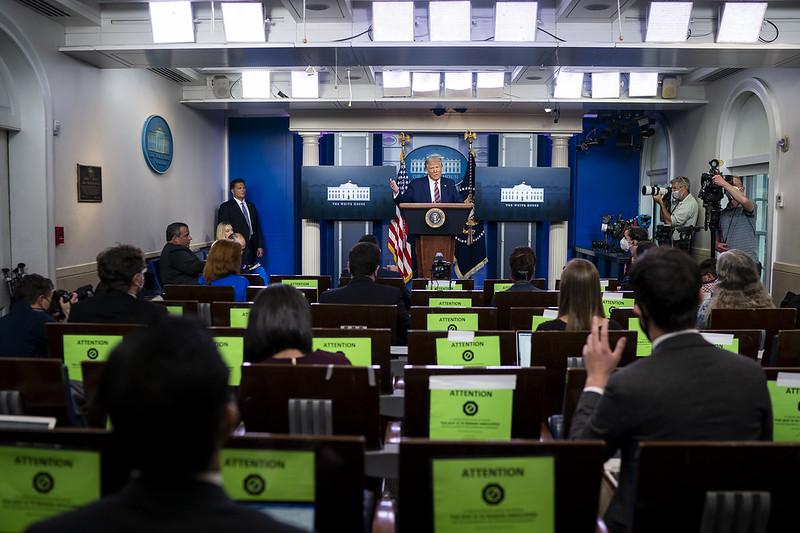
Planet A
A recent study published in Nature Climate Change has revealed how the surface temperature of the oceans has warmed significantly in recent years, causing extreme weather events and warming the planet even further. The paper shows that stability of the top (6-kilometre) layer of the ocean has increased by 5.35% in the past 50 or 60 years, because warmer water sits at the surface rather than mixing throughout the ocean. This reduces its ability to absorb carbon dioxide, leading to greater and faster global warming.
The warming ocean surface provides fuel for large storms, particularly hurricanes and typhoons, which, when coupled with the other effects of man-made climate change, means that extreme weather events will be far more frequent and more intense in the coming years. This is particularly relevant for Australia as it heads into a La Niña phase of the El Niño Southern Oscillation, which already brings with it an increased chance of flooding and cyclones.
Democracy watch
Belarus marked its 50th consecutive day of pro-democracy protests, with more than 100,000 demonstrators taking to the streets of Minsk over the weekend to demand the resignation of President Alexander Lukashenko. Despite the heavy presence of Belarusian police and military forces and the arrests of nearly 200 demonstrators, participants said they weren’t intimidated.
The protest movement was mobilised after Lukashenko, who has ruled the country for 26 years, claimed a landslide victory in a rigged election in August. Foreign Minister Vladimi Makei accused Western countries of sparking ‘chaos and anarchy’ after Canada, France, the US and the EU urged Lukashenko to step down and imposed sanctions against Belarusian officials involved in electoral fraud and civil violence.
Lukashenko has reached out to Russia for support, but President Vladimir Putin has held off, saying Belarus is in a ‘difficult situation’ with ‘unprecedented external pressure’. Russian involvement could lead to a military intervention like in Ukraine in 2014; however, the growing resilience of protestors may be the main determinant of Belarus’s future.
Information operations
Measuring the capabilities of actors and the impact of disinformation and influence operations is a challenge for researchers. A recent Brookings report has developed a comparative scale for identifying operations in real time. The ‘breakout scale’ is a model divided into six categories depending on the extent of the ability of disinformation operations to spread across communities and platforms. Another attempt to model disinformation capability and impact comes from the Belfer Center, which looks at state actors in its national cyber power index.
Despite these two initiatives, there is a lack of open-source information on countries’ influencing capabilities. In addition to impact, identifying inauthentic behaviour is another challenge. Coordination of disinformation activity is a key indicator. ASPI’s research has reported on a range of campaigns, from small-scale trolling by pro-China netizens to widespread conspiracy theories.
The number and diversity of actors and activities involved in disinformation operations means that adequate and widely available methodology and metrics are needed. Without these tools, detecting inauthentic information campaigns will largely be carried out by individual researchers on specific cases. Until we have a more comprehensive map of disinformation campaigns, long-term trends and strategic issues will continue to be obscured.
Follow the money
Following years of speculation about Donald Trump’s tax returns, the New York Times has gained access to over two decades of his tax information. These documents show the US president has paid no income tax in 10 of the past 15 years, using huge losses to offset any taxable income.
The records don’t reveal any previously unknown connections to Russia, though they shine new light on the money involved in the 2013 Miss Universe pageant in Moscow, which was part of the investigations into Russian election interference in 2016. The pageant resulted in Trump earning US$2.3 million, facilitated by the Agalarov family. This family reportedly organised the meeting between Trump campaign officials seeking information on Hillary Clinton and a Russian lawyer linked to the Kremlin.
Most unsettling is the revelation that Trump allegedly has US$421 million in debt due in the next four years, much of it to Deutsche Bank, with no obvious ability to repay. A former intelligence official labelled Trump’s financial situation a national security risk, leaving him ‘vulnerable to manipulation by foreign governments aware of his predicament’.
Terror byte
As terrorism threats continue to evolve and adapt to global phenomena, such as the rapid expansion of new technologies and the spread of Covid-19, US defence expert Stephen Tankel argues that overmilitarised US counterterrorism missions should be remodelled based on new scenarios and different priorities. Terrorism threats today tend to arise from a more varied range of actors than in the past, both national and international. This calls for new approaches that are more nuanced and sustainable.
To renew US counterterrorism efforts, Tankel suggests creating a standard and universal listing of all terrorist cells, with specifics on the nature and level of the threat they pose; assigning specific missions to each group or unit and providing the necessary resourcing; and regularly reassessing the investment in countering terrorism based on the level of different threats. This strategy, Tankel argues, would avoid the risks of withdrawing efforts too quickly and causing recurring issues, as has been case with counterterrorism campaigns against Islamic State.